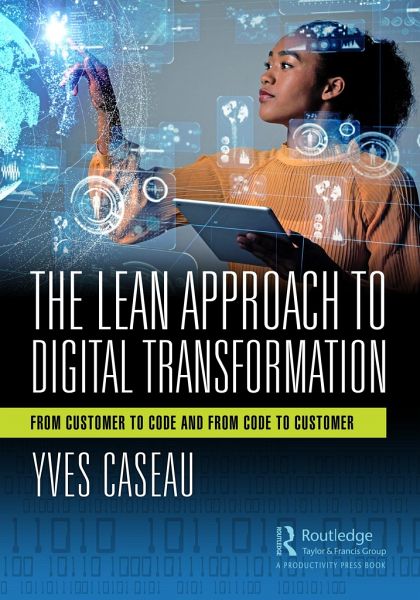
The Lean Approach to Digital Transformation
From Customer to Code and From Code to Customer
Versandkostenfrei!
Versandfertig in 1-2 Wochen
133,99 €
inkl. MwSt.
Weitere Ausgaben:

PAYBACK Punkte
67 °P sammeln!
The approach proposed in this book is based on the Lean Startup approach, according to an extended vision that combines Design Thinking and Growth Hacking. Companies must become truly "customer-centric", from observation, listening to co-development.














